Established in 2008, the Evans School Policy Analysis and Research Group (EPAR) uses an innovative student-faculty team model to provide rigorous, applied research and analysis to international development stakeholders. EPAR has prepared more than 300 technical reports and briefs including: statistical data analysis and research, literature reviews and analysis, and portfolio analysis and strategy support. Our reports focus on agriculture, development policy, financial services, poverty reduction, gender, and measurement and evaluation.
Click on the links below to learn more about recent EPAR research and to explore EPAR’s research in sustainable agriculture and rural livelihoods, household well-being and equity, and technology adoption, or follow the links above to learn more about EPAR, access research resources, explore interactive data visualizations, and read recent blog posts.
Data and Code:
Agricultural Indicator Curation
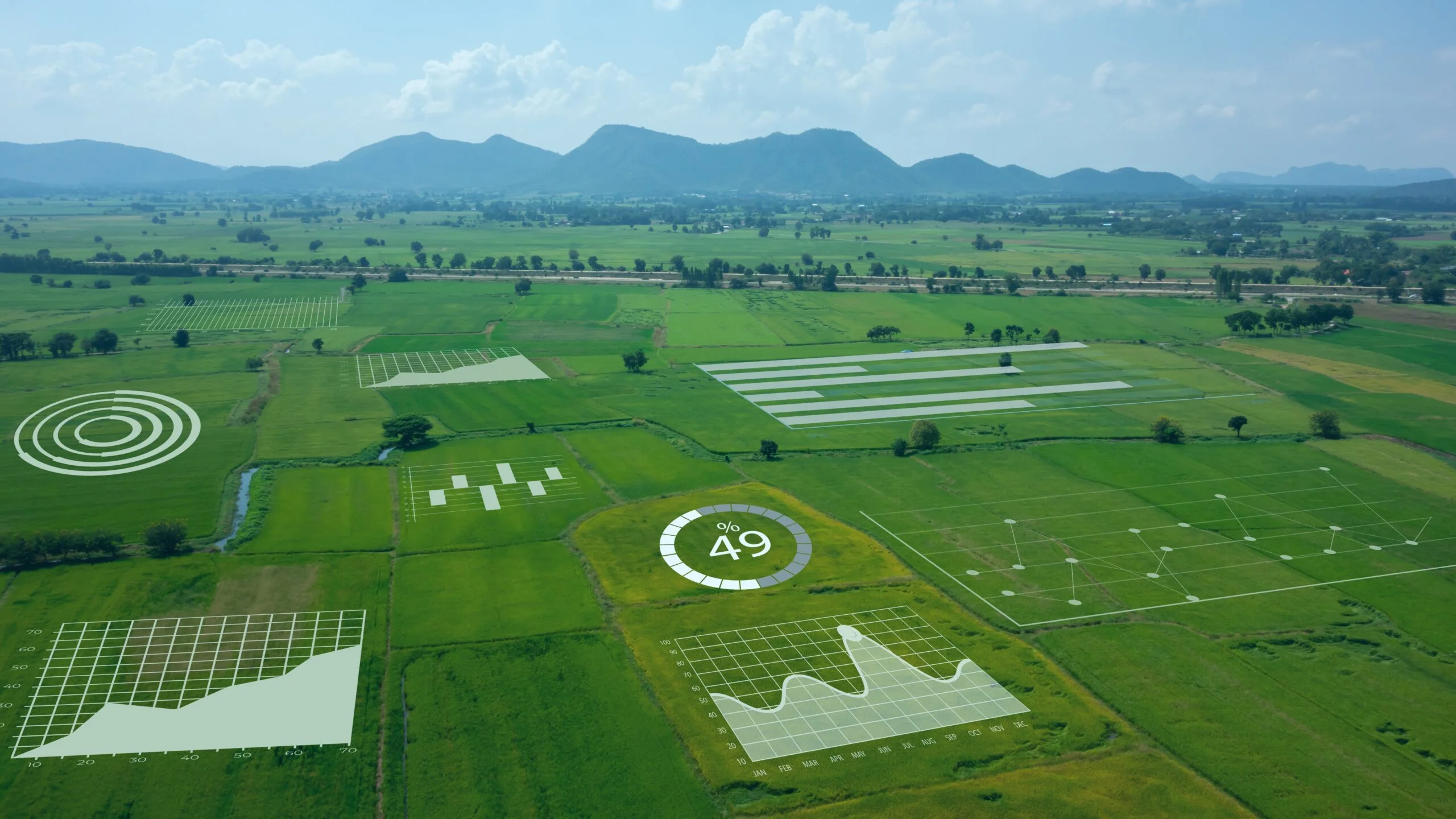
EPAR has constructed of a set of agricultural development indicators using data from the Living Standards Measurement Study – Integrated Surveys on Agriculture (LSMS-ISA).
Visit Our Github
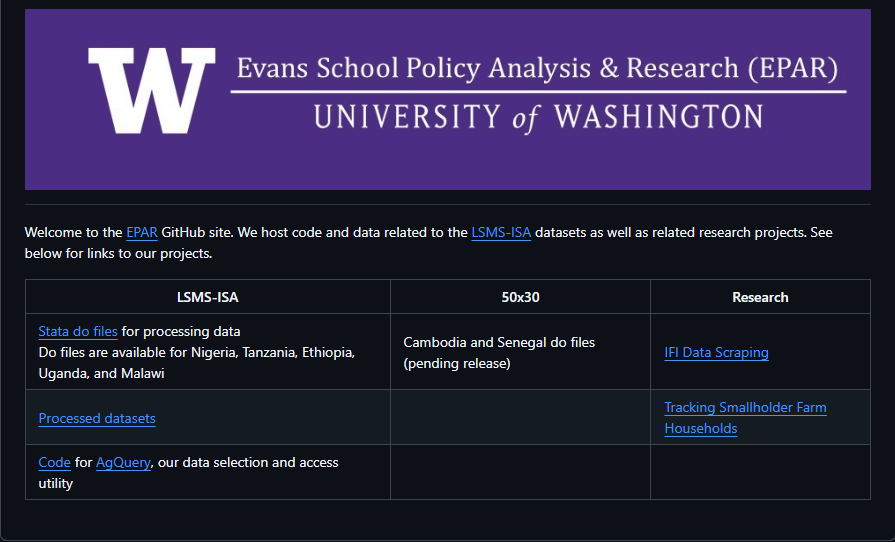
EPAR hosts code, compiled datasets and agriculture development indicators from the LSMS-ISA and other related datasets. subscribe to our website to hear more about our Github updates.
Browse Ag Query
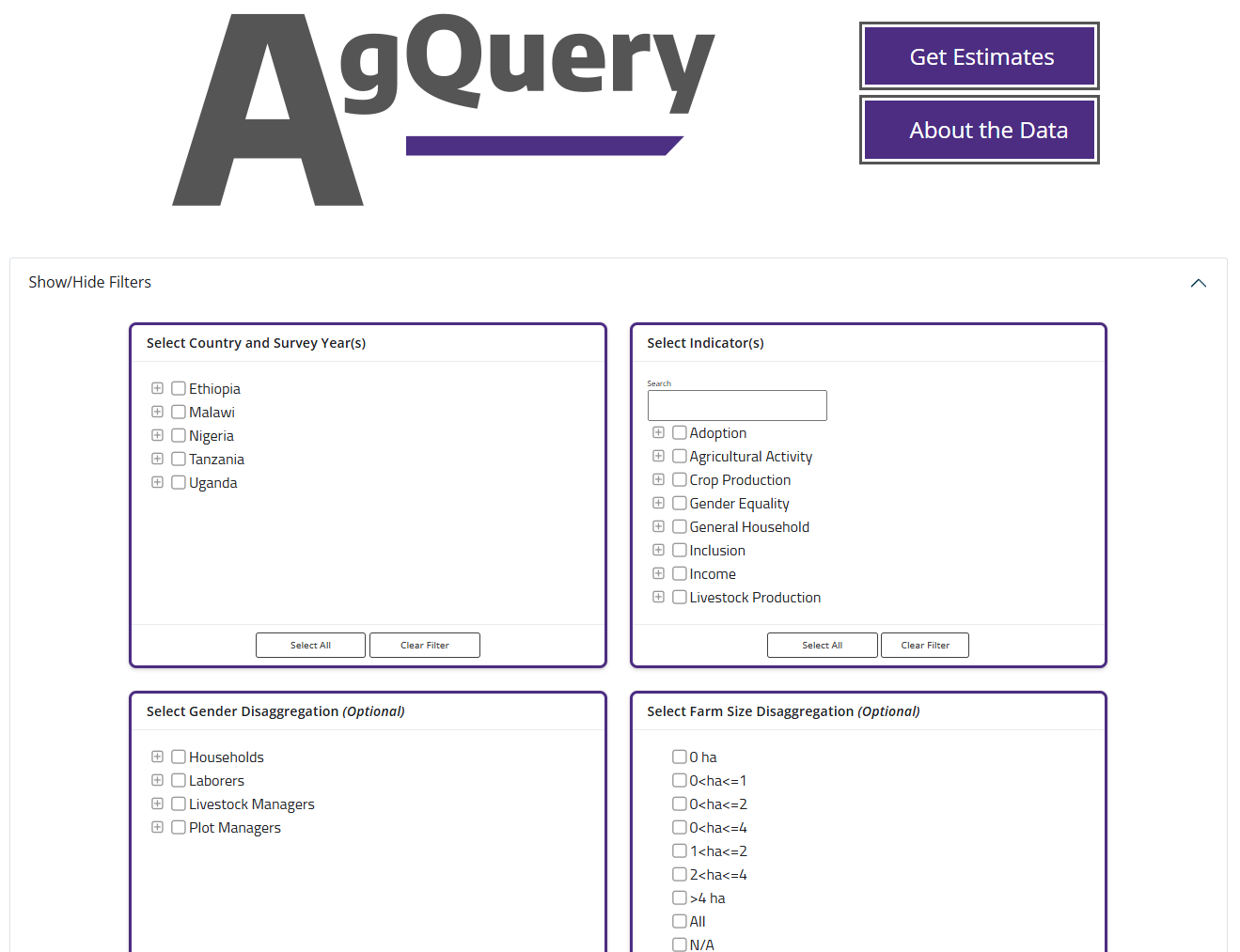
Check out AgQuery, EPAR’s initiative to make agriculture data easily accessible.
Small-Scale Producers:
Gender
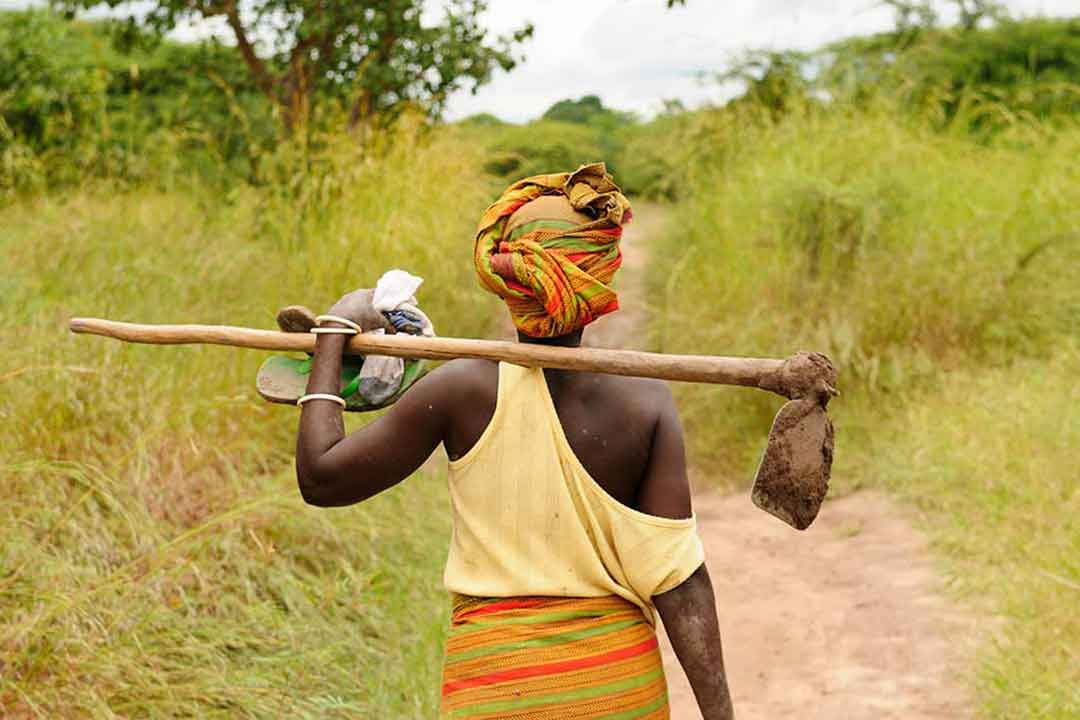
We conduct extensive research on gender-related topics such as women self-help groups, sex disaggregated data, gender and climate change, to name a few.
Climate Change and Risk
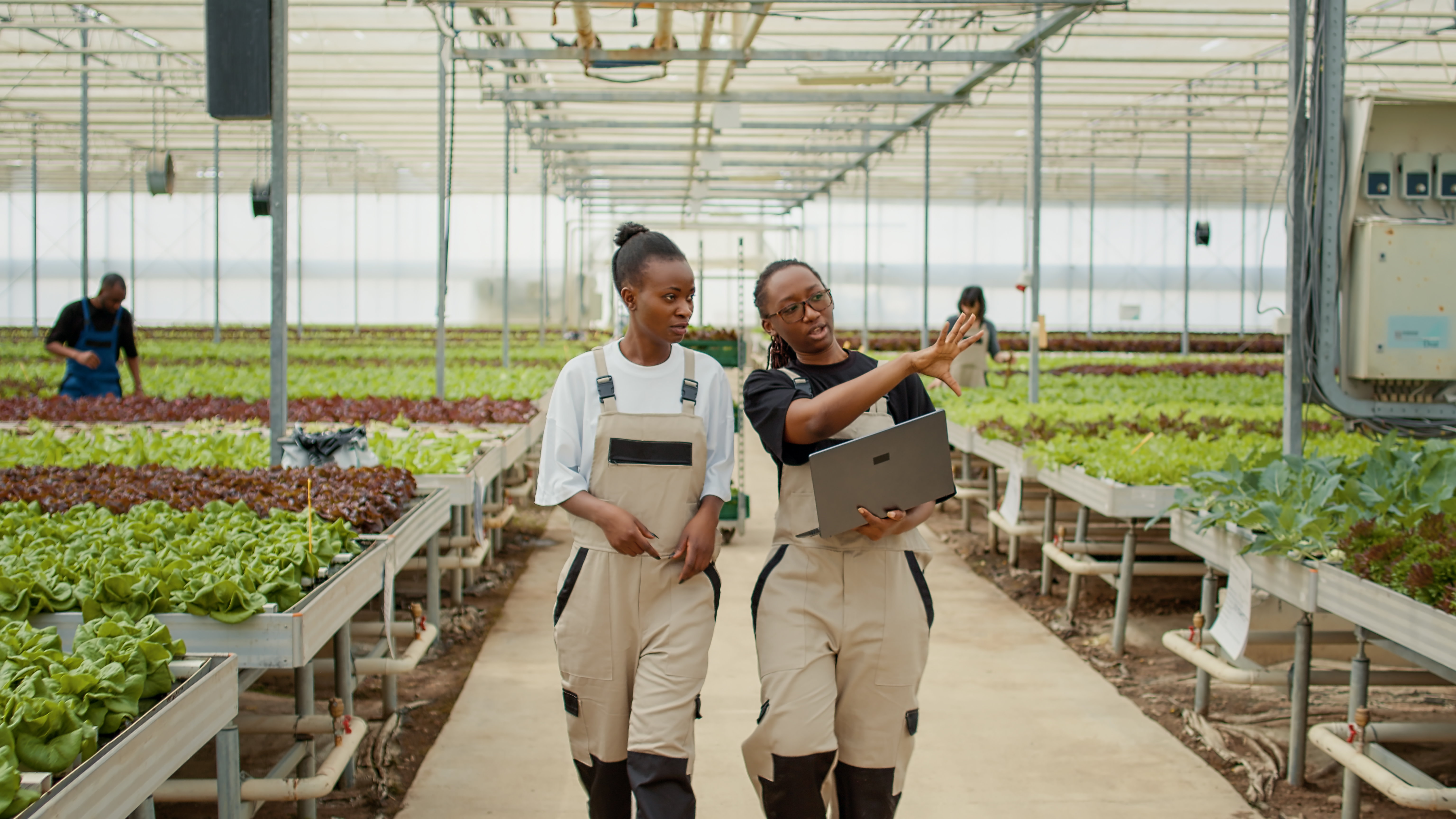
How can we better understand how SSPs consider adaptation while facing climate risk? To learn more about our agenda and opportunities, connect to our CRIFS page.
Other Topics

Our other topics include defining SSPs, mobile phone usage, digital financial services, and a lot more.
We are currently in the process of reorganizing the website, thank you for your patience.